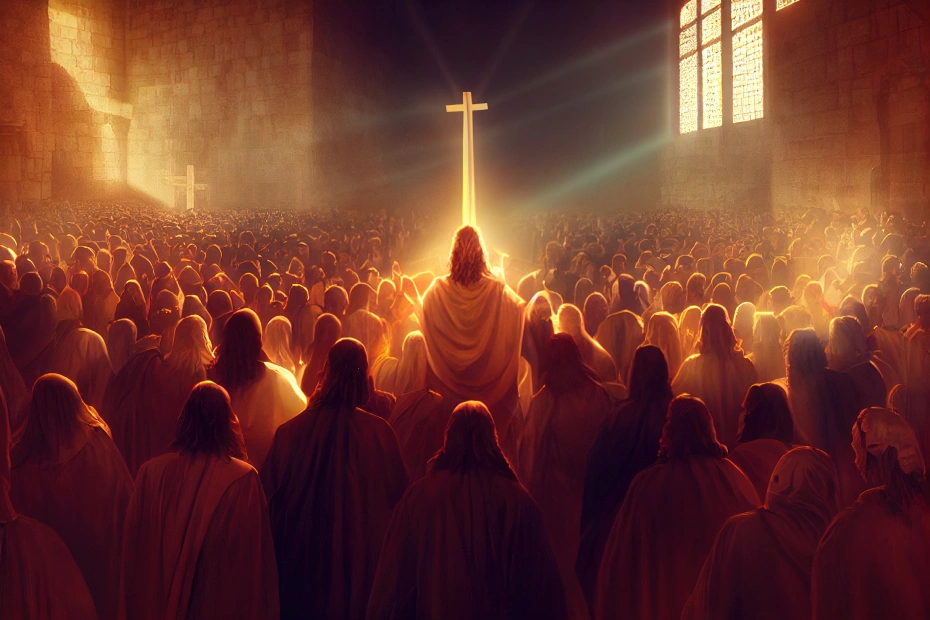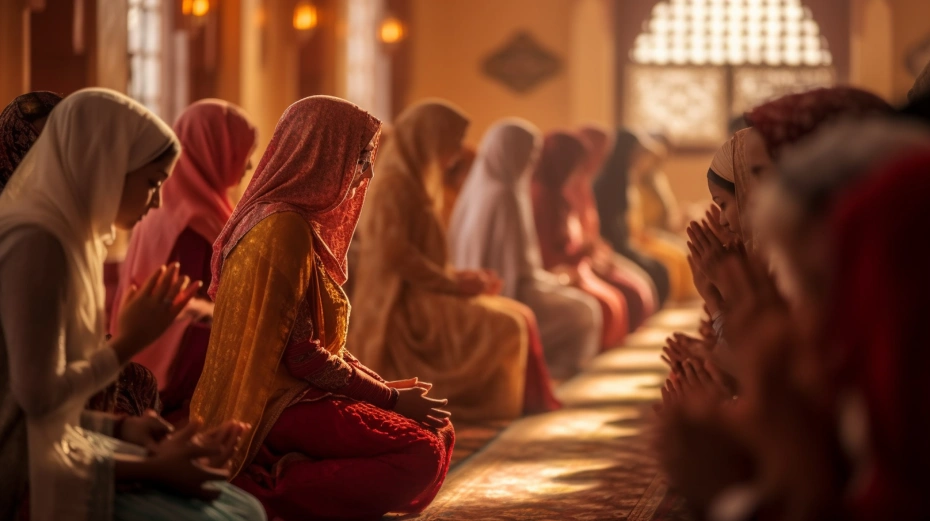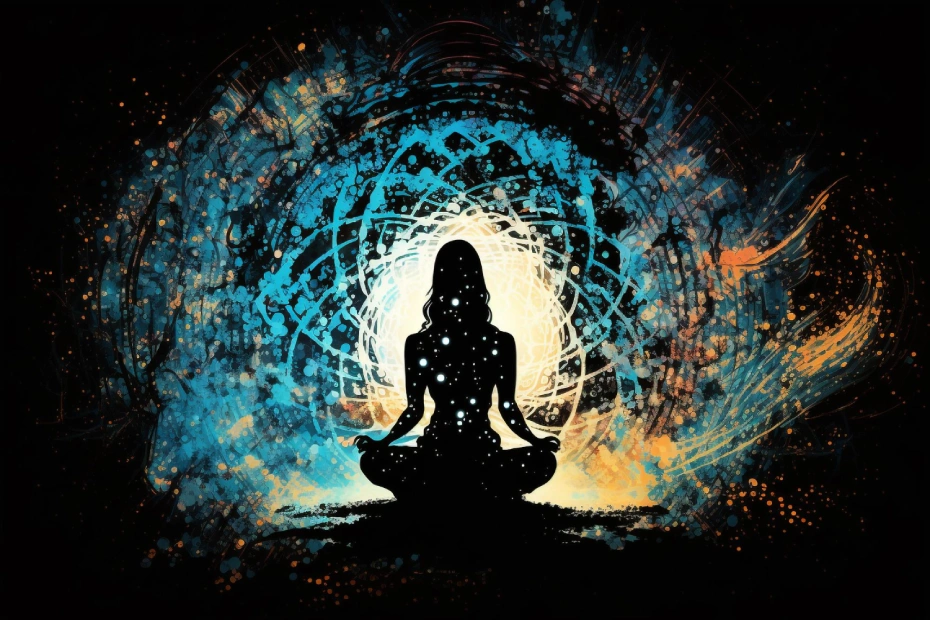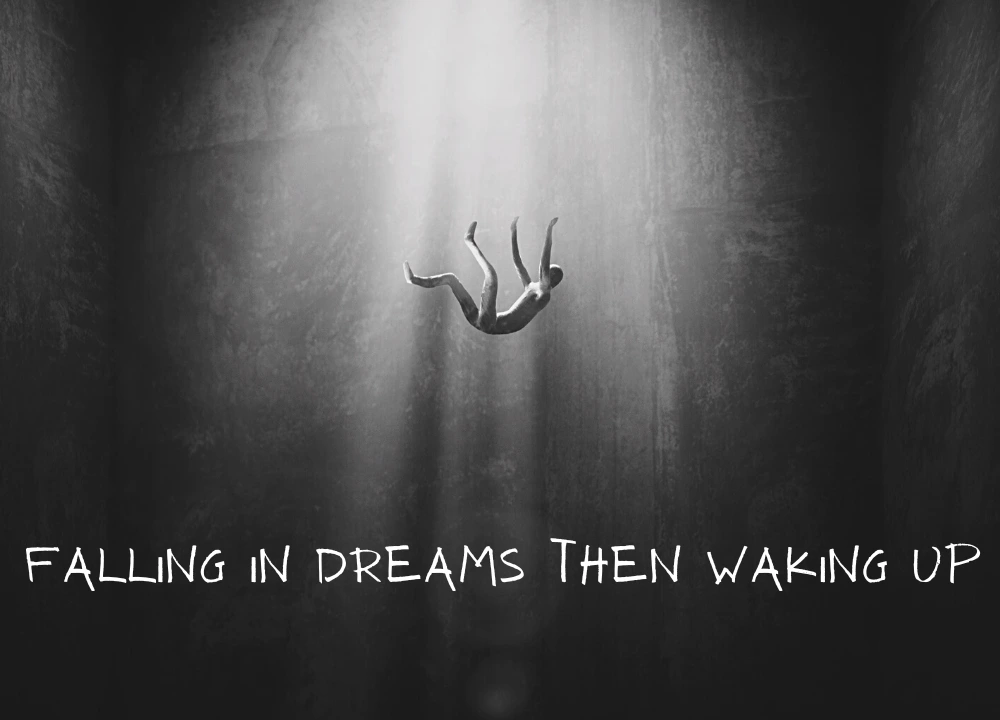The Role Of Dreams In Different Cultures And Belief Systems

For ages, humans have been fascinated by dreams, which have been interpreted in many ways across cultures and belief systems. Dreams have a specific place in our minds, from prophetic visions to symbolic representations of the self. They provide us with a view into our subconscious mind and can reveal secret desires, worries, and dreams we may be unaware of daily. In this article, we look at how dreams are perceived differently in different cultures worldwide based on geography or spiritual beliefs. Let us delve into the enthralling world of dream culture!
What are Dreams?
Dreams arise naturally during the rapid eye movement (REM) portion of our sleep cycle. They might be vivid or hazy, thrilling or horrifying, and frequently leave us perplexed when we wake up. Despite centuries of research, we still need to understand why humans dream. According to one hypothesis, dreams allow our brains to absorb and make sense of the events and feelings we experience throughout the day. Dreams can also help us solve problems by allowing us to experiment with different scenarios without consequences.
Another theory says that dreams have evolutionary importance because they allow us to practice survival skills while sleeping in a safe setting. Dreaming about being chased, for example, could prepare us for potentially dangerous circumstances in real life. What we know for certain is that dreams have profound value for many people and civilizations around the world. While its specific purpose is unknown, investigating dream culture across different belief systems might provide insight into how individuals understand this fascinating phenomenon.
The Different Types of Dreams
People have various types of dreams, each with its own set of qualities and interpretations.
The lucid dream, which happens when an individual becomes conscious that they are dreaming, is one variety. The individual has a degree of influence over what happens in the dream and can modify it to some extent in this type of dream.
A recurring dream is another form of a dream that occurs regularly throughout time. These dreams frequently feature recurring themes or aspects and may represent unsolved concerns in a person’s life
Nightmares are another form of typical dreams characterized by intense terror or worry. They are generally the result of stress or trauma and have an emotional impact on the individual.
Another fascinating form is prophetic dreams, in which people believe they receive messages about future events from their subconscious while sleeping. In spiritual or religious visions, people see while sleeping. Dreams can also be symbolic representations of our waking lives, for example, analogies for daily struggles.
Finally, dreams can take many forms and have diverse meanings depending on culture, belief systems, and personal events encountered during life. The interpretation differs from person to person depending on how they experience it, but recognizing these many meanings helps us make greater sense of it!
Role of Dreams in Western Culture
For millennia, dreams have played an important part in Western civilization. Dreams were interpreted as from the Gods in ancient Greece and were used to make critical decisions. Aristotle, the Greek philosopher, believed that dreams may disclose hidden facts about a person’s character or future.
People began to see dreams as a source of artistic inspiration throughout the Renaissance period. Dreams were frequently used as inspiration for paintings and sculptures by artists such as Leonardo da Vinci and Michelangelo.
Some psychologists feel that dreams might reveal insights into our emotions and subconscious ideas in current times. Sigmund Freud famously founded his psychoanalytic theory on his interpretation of dream symbolism.
However, not all Western cultures share the same perspective on dreams. Dreams are interpreted as divine messengers or Satanic temptations in several Christian traditions. Secular civilizations, on the other hand, tend to regard dreaming as merely a biological phenomenon with no deeper meaning.
Regardless of these differing ideas, one thing is certain: Dreams continue to fascinate and enchant us in Western culture now as much as they did thousands of years ago.
Role of Dreams in Middle Eastern Culture
Dreams are important in people’s lives in Middle Eastern cultures because they are seen to be heavenly messengers. Dreams have spiritual and metaphysical significance in this culture and are regarded as a means of communicating with higher forces.
For over 5000 years, Arabic societies have interpreted dreams. They believe that dreaming is a great tool for discovering hidden truths about oneself or providing guidance on future occurrences. In Kenya, there is even a literary genre dedicated to descriptions of strange dreams.
Certain symbols and imagery in our dreams, according to Middle Eastern civilizations, have unique meanings. Dreaming about water, for example, indicates purification and regeneration, whereas dreaming about fire represents passion and transformation.
Many Middle Eastern religions, such as Judaism, Buddhism, and Islam, encourage people to meditate before sleeping because it helps them attain lucid dreaming, which allows them to connect with spirits or their inner selves better.
The importance of dreams in the Middle Eastern culture is profound and cannot be emphasized enough, they are considered spiritual experiences through which individuals receive significant insights into their lives and the world they live in, rather than just idle imaginations.
Role of Dreams in Eastern Culture
Dreams are a vital tool for gaining insight into one’s life in many Eastern cultures. Throughout history, people have studied and interpreted dreams in various ways, with some societies believing they have great spiritual significance.
Yoga Nidra, which translates to “yogic sleep,” is an ancient Indian practice. It entails going into a deep level of relaxation while being conscious and alert. Practitioners in this state can obtain insight into their subconscious mind through vivid pictures and intense feelings experienced while dreaming.
Similarly, dreams are seen as an indicator of one’s general health in traditional Chinese medicine. Dreams of various forms can signify specific imbalances or disorders within the body. Frequent nightmares, for example, may indicate excessive heat in the body or mental difficulties. Dream interpretation has always played a significant role in Japanese culture.
Kigo (seasonal terms) were frequently used in Japanese poetry and literature based on dream experiences. Dreams are highly valued in many Eastern cultures as instruments for self-discovery and healing.
Role of Dreams in Different Belief Systems
Dreaming has long played an important role in religion and spirituality. Different belief systems interpret dreams differently, and they hold a crucial role in understanding the world beyond physical reality.
Many Native American societies consider dreaming a powerful method for spiritual guidance. The dreamcatcher is a popular symbol for catching unpleasant dreams while allowing happy ones to pass through. Some cultures view dreams as messages from ancestors or spirits that offer insights into future events. In Islam, believers see dreaming as a way Allah communicates with humans. Muslims often interpret dreams as God’s signals about personal actions or alerts to upcoming dangers.
Dreaming, according to Judaism, is a way for people to connect with God’s wisdom and gain divine inspiration about life’s riddles. People also interpret dreams as visions predicting significant historical events.
In Hinduism, they believe that the soul, unconfined by the physical body during sleep, can visit various planes of existence in the universe. Thus, people view dreaming as a method for self-exploration and discovery.
Diverse belief systems worldwide highly value dreams for offering insights into worlds beyond our usual experience, providing spiritual advice, communicating with deities or ancestors, connecting with higher wisdom, and making prophecies, among other roles.
The Evolution of Dreaming
For ages, the study of dreams has been a fascinating topic, with various ideas describing the evolution of dreaming. According to one view, dreaming evolved as a mechanism for our forefathers to mentally and physically prepare themselves for prospective attacks. Dreams could have helped them practice survival skills like hunting or repelling predators. Another theory suggests that we can use dreams to solve problems. Our brains use dreamtime to digest information from the day and solve problems encountered during the day.
Our understanding and interpretation of dreams evolved alongside people. Individuals in ancient societies frequently looked to their dreams for guidance on crucial issues or spiritual problems. In Ancient Egypt, pharaohs and commoners alike sought after dream interpreters, who held a high status.
Throughout history, dreaming has also played an important role in religious practices. Many cultures believed that gods spoke with humans through dreams and visions, prompting individuals to seek meaning in their nocturnal experiences.
Today, modern psychologists use advanced brain imaging technologies to explore the evolution of dreaming. While we still don’t fully understand why we dream or what purpose it serves, it’s apparent that this phenomenon has played a vital role in human history from the dawn of time.
Conclusion
Throughout history, dreams have played an important part in numerous civilizations and belief systems. Cultures interpret dreams differently, reflecting how individuals perceive their role in the world.
Dreams help us to explore our emotions and deepest aspirations by providing a window into our subconscious thoughts. You can use them as tools for personal development and self-discovery, or interpret them as messages from higher powers or spiritual entities.
Whether we believe our dreams are just biological phenomena or supernatural communications, they continue to interest us even today. We get new insights into the experience and enhance our awareness of ourselves and others by investigating their role in diverse cultures and belief systems.












